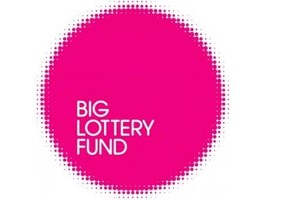The Big Lottery Fund has cut its future grant commitments after income remained at lower-than-historical levels for a second year.
According to annual report and accounts published last week, BLF had an income from the National Lottery of £654m in the year to March 2018, which is similar to its income the previous year - £651m. However its income has historically been closer to £800m.
This has led it to cut the money committed to future projects, to £520m, compared to £655m paid out in grants this year.
Writing in the foreword to the report, Dawn Austwick, chief executive, said this recognised "the scale our existing commitments as well as the uncertainty at the start of the year over National Lottery revenue".
The BLF’s income fell in 2016/17 as a result of reduced sales, after an increase in the price of a tickets.
Austwick added: "I am delighted that the drop in revenue seen in 2016/17 was not repeated this year, providing us with greater stability and certainty for our forward planning. We have worked closely with the entire National Lottery family to create a set of common brand values that we will all use to articulate the magic of The National Lottery."
The Lottery operator made 50.7 full-time equivalent redundancies, at a cost of £3.29m, although the final staff numbers only dropped by ten.
The BLF has bee working on a restructure on its grant-giving processes and is attempting to simplify and streamline the grant application process.
“In England, we’ve been working with grant holders and people who apply for our funding to design and develop three flexible types of funding. These are National Lottery Awards for All, which offers small, easy-to-access grants that people can apply for online, and our larger and longer term Reaching Communities and Partnerships funding, which launched at the beginning of April 2018.”
|
Related articles











